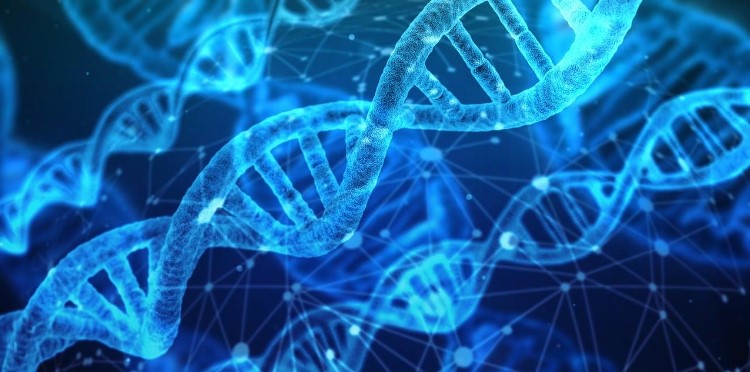Direct-to-consumer DNA testing has become increasingly popular in recent years, with many people seeking to learn more about their ancestry and genetic predispositions to certain health conditions. This type of at home paternity testing allows individuals to collect their DNA samples at home and send them to a laboratory for analysis. As people can purchase a homepaternity.com home DNA testing kit online, individuals can now quickly and easily determine paternity without needing a medical professional. While this type of testing can answer important questions, there are potential concerns about accuracy and privacy. It is essential for individuals considering direct-to-consumer DNA testing to research the company they choose carefully and to understand the potential implications of the results they receive. All information is available on the website of each of the laboratories that sell these tests. It is vital that you read all the information and make sure you have no doubts. An error in sampling will damage the test, and you will have to buy another one.

Exploring the different types of DNA tests available
Various types of DNA tests are available to consumers, depending on the information they seek. One of the most common types is the at-home paternity test, designed to determine whether an alleged father is the biological parent of a child. Another type is ancestry testing, which can help individuals trace their family history and origins. Companies like AncestryDNA and 23andMe offer ancestry testing services that analyse a person’s DNA to determine their ethnic makeup and potential genetic predispositions. Health risk testing is another DNA test that helps identify genetic markers associated with certain health conditions. For instance, Color Genomics offers a test that analyses the BRCA1 and BRCA2 genes associated with an increased risk of developing breast and ovarian cancer.
The future of direct-to-consumer DNA testing
Direct-to-consumer DNA testing has revolutionised the way individuals approach their health and ancestry. The future of this industry is exciting and holds endless possibilities. One potential use for these tests is the early detection of serious health problems such as cancer or Alzheimer’s. Companies like Color Genomics are already offering tests that identify genetic markers associated with certain health conditions, allowing individuals to take proactive measures to prevent or manage these conditions. Another area of growth for direct-to-consumer DNA testing is in the field of personalised medicine. By analysing an individual’s genetic makeup, doctors can tailor treatment plans for each patient’s needs. Additionally, genealogy testing is becoming increasingly popular as more people seek to learn about their family history and origins.


